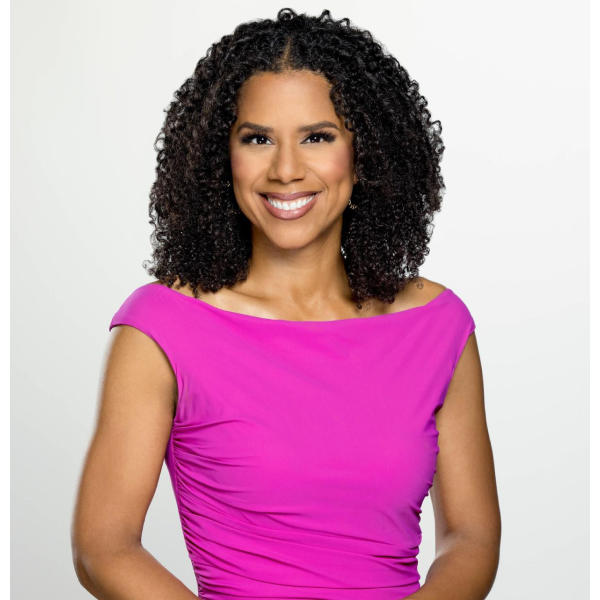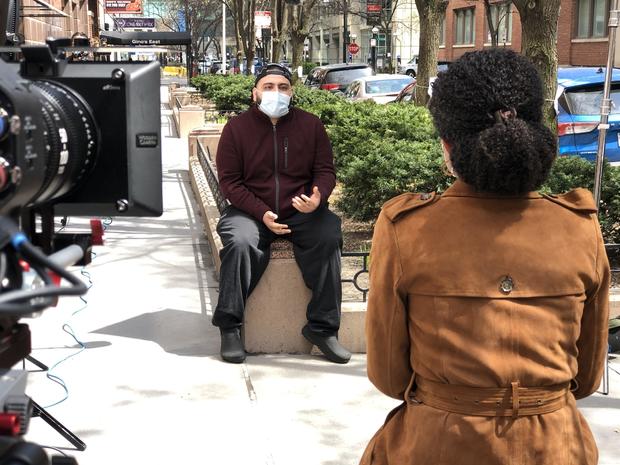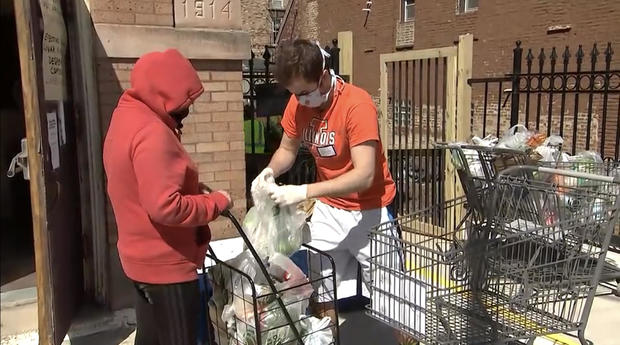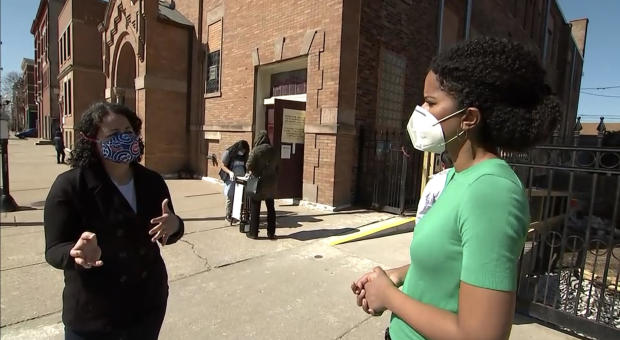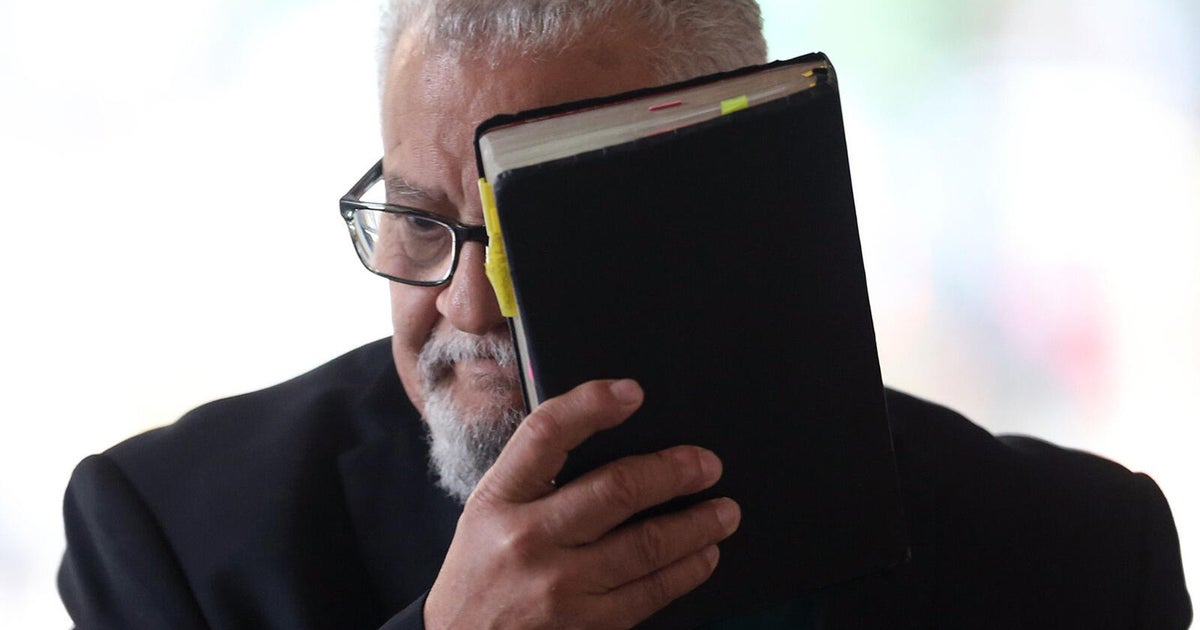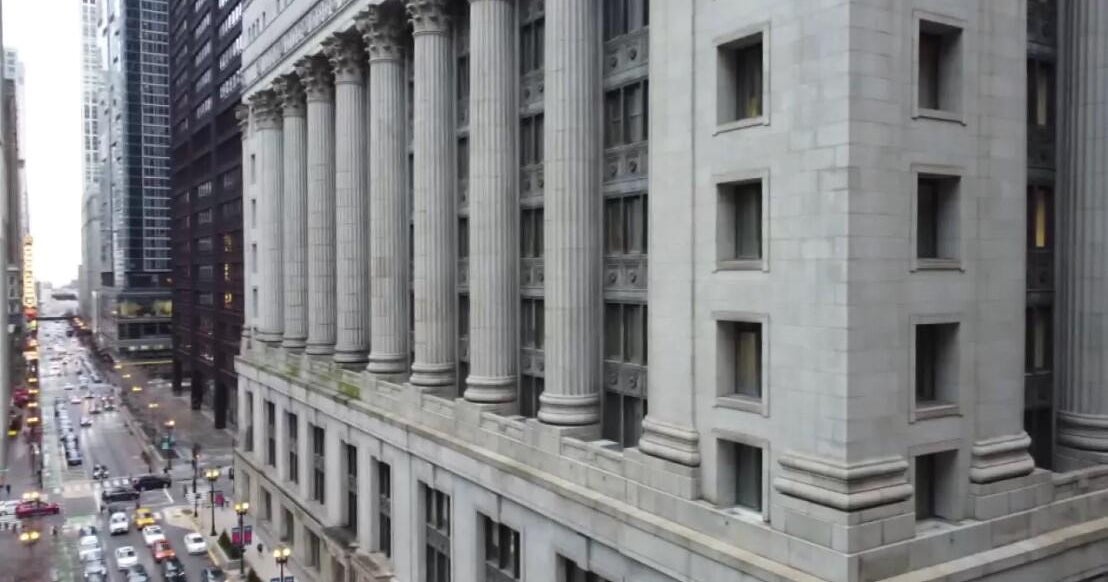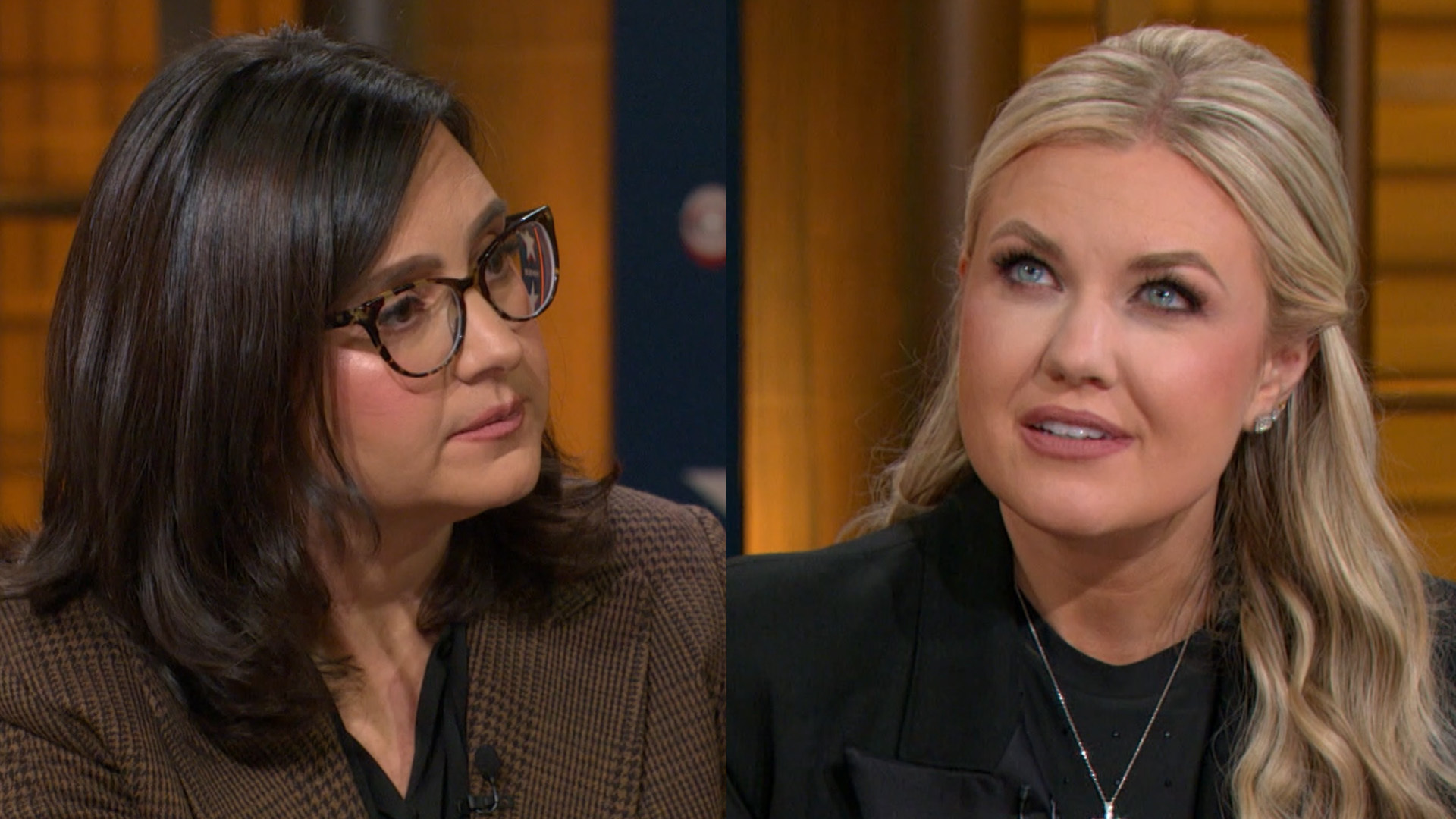Latino communities struggle amid coronavirus outbreak: "They're crying. They're desperate."
Chicago — Like African Americans, the nation's Latinos are disproportionately impacted by the coronavirus. According to the Centers for Disease Control, Latinos represent more than 27% of COVID-19 deaths in areas considered virus hotspots, although they account for 18% of the population. They're also more likely than other groups to not be able to work from home, adding to the health risk.
Chicago's Jose Gonzalez is a first-generation Mexican American, one of the nation's 60 million Latinos.
"My family has pushed me so far ahead that I can't just allow myself to sit there and do nothing," he told CBS News.
He used to work two jobs, but lost one in the COVID-19 shutdown. Now his life-line is cooking at a hotel housing COVID patients.
"We don't have the benefit of 'I should just stay home' ... and I feel like that's every Latino at this point right now," Gonzalez said.
Gonzalez is among the 84% of Latinos who can't work from home — the most of any group.
Roughly half of Latino households have experienced job losses or cuts amid the pandemic and have $500 or less in savings.
Organizer Leone Jose Bicchieri of Working Family Solidarity, said Latinos are more likely to be in low-wage — and now high-risk — essential jobs like the food industry.
"We're getting plenty of people calling us — not knowing what to do," Bicchieri said. "They're crying. They're desperate."
"We're talking about food processors, grocery stores, bread making facilities, all kinds of cleaning companies," Bicchieri explained. "Many of them, again, are balancing, 'on the one hand, I don't want the crisis of getting sick. On the other hand, I don't want the crisis of being homeless, because I can't pay rent. And I can't buy food.'"
The need is already great. In Chicago's Mexican neighborhood of Pilsen, a socially-distant line wraps around the block outside Pilsen Food Pantry.
Dr. Evelyn Figueroa, a family physician who opened the pantry two years ago, said demand is up 45%.
"This tells us that people are really on the fringe. When we talk about the 50% of people living paycheck to paycheck, they are standing [here] right now," Figueroa said. "These are people that cannot afford to have the kids home from school and feed them."
Figueroa, who also treats COVID patients at a local homeless shelter, said Latinos — like African Americans — have underlying health issues that impact their coronavirus outcomes.
"Latinos actually have a higher rate of diabetes than any other ethnic group in the United States. About 16% are diabetic. It's a significant problem. It's also a risk factor for complications of COVID," she said.
At her food pantry, most of the people in line are Latino, including undocumented immigrants who do not qualify for unemployment or the federal stimulus. People like Rosa, who's undocumented and has lived in the U.S. for 20 years. She said she's desperate. She has two kids and is two months behind on rent. Her debts now totals $2,000.
She told CBS News in Spanish that she's unable to sleep because of the stress. She's taking it one day at a time because she knows tomorrow isn't promised.
Bicchieri, the labor organizer, said regardless of where people stand on the issue of immigration, undocumented immigrants need protections in this pandemic.
"Let's put the ideological discussion down for a couple months. Let's come back to it. It's really important," he said. "Right now, I want to be safe. I want my family to be safe. So I want Eva to be safe. I want Anna to be safe. I want Maria and Jose to be safe because then I'm safer."
"You're not going to make anyone safer by having any portion of the population — let alone anywhere between 6 and 12 million undocumented people — get sick. Because then you're going to get sick. Your grandma will get sick," Bicchieri said.
